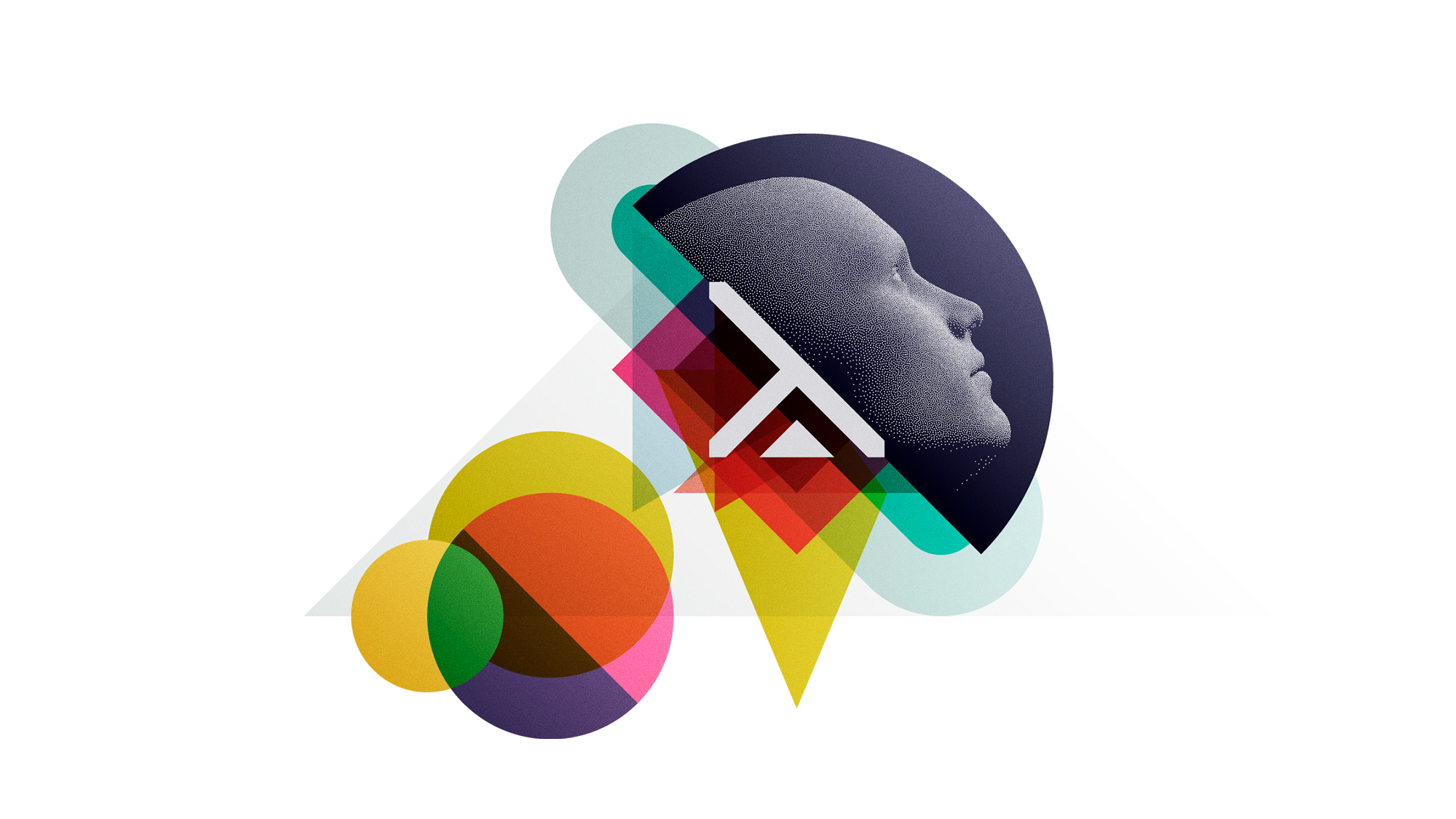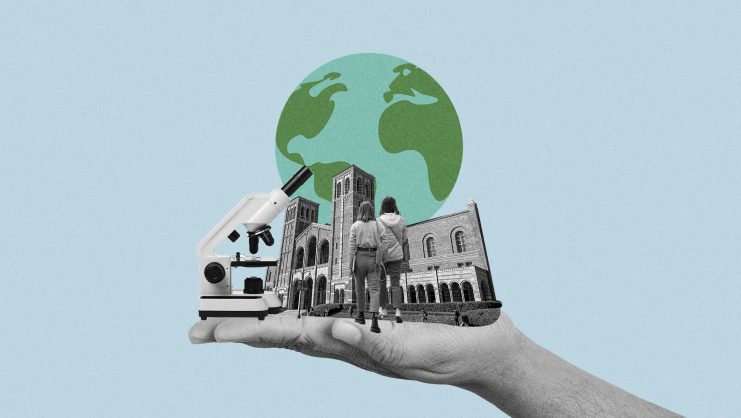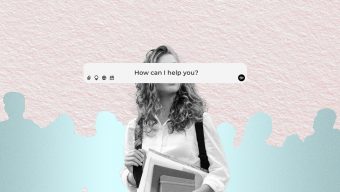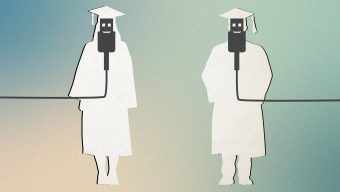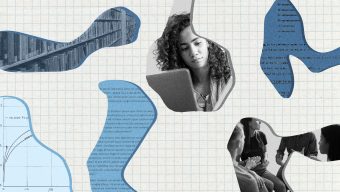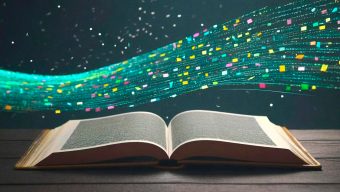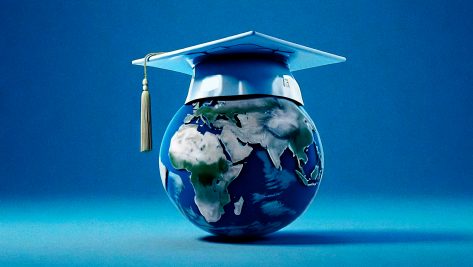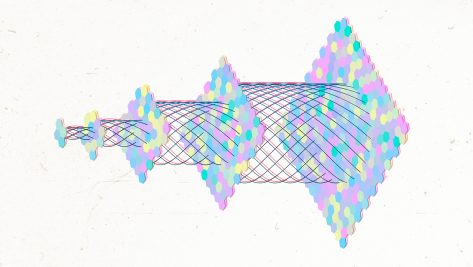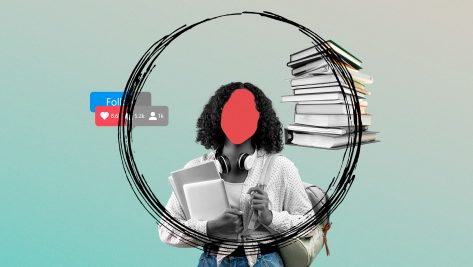The AI revolution is here, and it will only continue to develop and expand its reach into education. Schools, teachers, and students now have engines that provide a plethora of resources: a set of notes on particle physics, a map of the Roman Campaign in Carthage under Scipio Africanus, an essay espousing the benefits of AI…the list goes on.
We find ourselves at a crossroads in human development. Many might look to this as a renaissance, one that rebirths into the technological age but, instead, I would contend that this technological age is in fact the challenge and not the solution. And furthermore, we have faced this challenge before.
Centuries ago in Italy, the Pope held sway, the earth was at the center of the universe, and there was belief in the divine and the world hereafter. There was faith. Under Pope Urban II, the Church launched wars in the name of holy conquest: soldiers gathered from across Europe, hurled themselves with unbridled religious fervor to reclaim territory from rivals, and killed those who did not believe as they did. Pope Urban VIII banned scientific development on the grounds it spoke directly against holy scripture (and put Galileo under house arrest.) Creativity and critical thinking were not valued outside of the production of arts and music to glorify the ideas inherent in the church.
This all seems a world away from today’s interconnected and information-rich existence, but there is a common theme and that is the single, one-directional, powerful, didactic authority from which information and ideas flow.
But then came the Renaissance and the Church as authority was contended by the philosophy of humanism: a combination of the rediscovery of the ancient world and its works and a new exploration of the natural world. The leaders of this movement are names we all know today: Leonardo, Michelangelo, Donatello, Raphael. Science, freedom of thought, a return to classical ideas of the individual, philosophy, and literature became the order of the day and writers like Machiavelli started to ask interesting questions about power. By the time of the High Renaissance, even the Church embraced new ideas and new ways of thinking.
Without a human prompt, our new AI friend stays silent.
It could be argued that today, the use of AI is reminiscent of those pre-Renaissance times in the way it removes something human from the production of material, content, art, ideas. This algorithmic intelligence (which will become in due course an artificial intelligence) is built on the back of the repository of knowledge on the internet. It is a search engine. It is not human; it does not think. If we want to use artificial intelligence to truly transform and improve the way we live – to deliver a new renaissance of our modern day rather than simply make it more efficient and productive – then the human element is non-negotiable.
Without a human prompt, our new AI friend stays silent. And without a human mind to read and synthesize the material that comes from AI, we find ourselves in the very same trap as our forebearers of the Middle Ages: information received as gospel.
Indeed, what this moment calls for, today, is humanism, critical thinking, and creativity. A cultural education provides context to the information that is taken in and serves as a pathway to greater understanding by bringing together perspectives from across nations, religions, ethnicities, social and economic groups, politics, and philosophies. Understanding where we differ and why is the foundation for friendship, unity, and connection. Culture means language and poetry, literature and art. While the language processing models of the future will help communication, the best way to build relationships, particularly with those of an opposing view or a contrasting background, will still be talking face to face.
Each individual is an infinitely complex part of the whole, influenced and impacted by their history, home, and ideas that have been transmitted to them through generations of family and social structure. A person growing up in the Scottish Highlands will differ from someone from Melbourne, Abuja, or São Paulo. But this is not about speaking face to face with every person on the globe – and not even about understanding every culture – for this would be an impossible task. Rather, a cultural education is about instilling curiosity and understanding the importance of another person’s culture to them and their views. It is also necessary to understand how culture or cultural bias moves the information world.
In education, and in our adult lives, when we model curiosity about the world, we inspire our students and children to do the same. This can start with something as simple as food. One of my heroes, Anthony Bourdain, said in the closing monologue of his show No Reservations: “If I’m an advocate for anything, it’s to move. As far as you can, as much as you can. Across the ocean, or simply across the river. The extent to which you can walk in someone else’s shoes or at least eat their food, it’s a plus for everybody. Open your mind, get up off the couch, move.”
Food is nearly always the first way we experience a new culture. I traveled to China in my 30s but had been eating Chinese food since I was a child. And when you share the food of someone from another culture, when you eat with them, it is a true cultural meeting point, of acknowledgment, pride, respect. Food has a story, comes to us on a journey: perhaps across the planet via recipes handed down from mother to son, father to daughter. The first step to global awareness is to eat with people. I’ve enjoyed Jollof rice with locals in Lagos, Xiaolongbao in Shanghai, Black Goat in Yunnan, a New York Strip in Times Square, and Phở on the streets of Hanoi.
International schools are an amazing environment for this when 20, 30, 40 different nations can be found in the classroom and the students begin to share each other’s lives. There may be some nervousness at first, but curiosity quickly prevails, and the truth is that people love to explain their world to a new friend and are genuinely pleased when someone wants to know more.
I remember learning Mandarin Chinese in part through the shopkeepers, barmen, wait staff in my area in Shanghai. What I found was that to learn a language you need to be brave. I am not a natural language learner, but if you can embrace your embarrassment (and I appreciate this is a very English thing) and just go for it, you’ll find people often keen to meet you halfway. The idea of a six-foot-ten-inch Englishman lumbering along East Nanjing Road and then ordering a coffee in Chinese was hilarious to 90% of the people I met: but when I did slip up, they wanted to help, not because of the order but because they were genuinely appreciative and surprised I made the effort.
Culture comes in a variety of forms and being able to recognize these and their importance is a vital part of the human experience. The first, and most oft-discussed, is religion. While faith may not be as outwardly prevalent in Europe as it once was, this does not erase the fact that religion had a large hand in the formation of European society – and faith in its varied forms are currently a vital part of identity and identity politics across Africa, parts of Asia and the Americas. Our cities, art, even language all have elements of our religious and faith history within them. Indeed, in many parts of the world, religion is more than a faith structure. It is society’s structure, even language. There are any number of Chinese language idioms that rely on a knowledge of religion, myth, and history for full understanding. Whether a person is Muslim, Christian, Buddhist or Hindu will perhaps not always have a bearing on their actions, it will have a bearing on how they think about their actions, their relationships with others, their country, language, or family.
Of course, it is asking quite a bit to always understand and be able to operate within a new culture. But, what we can do – and, most importantly, help the youth of today experience and practice – is acknowledge the importance of culture, however it manifests, and endeavor to work with it and within it. To do so, it is necessary to have an understanding of history. In the West in particular, it often seems that much of the history of the world is hidden from us by a fascination with the big-ticket history items. In the last 50 years we have seen the end of the Vietnam war, reunification of Germany, wars across Europe and Africa, the rise of Islamic power in Iran, the Arab Spring, the Syrian civil war, the death of Mao and the opening of China. Each one has influenced, in a multitude of varying ways, nations and cultures and how individuals see and understand the world.
Again, we can’t expect to know it all, let alone interpret it – but we can combat this lack of understanding by ensuring humanities teaching is up to date, is broad, and focuses not just on where we are, but where we have been and where we might yet go. History is a key part of how we see the world, but often taught via a national bias it can provide massively contradictory versions of events. In the UK, for example, students learn that the bravery and ingenuity of English sailors saw the end of the Spanish Armada in 1588 during their intended invasion. In Spain, students are taught the fleet sunk due to a massive storm. Which is right? Who do we believe? We must first acknowledge that there are different ways of seeing the same thing.
Context is everything and culture provides context. We live in a complex, intricate, churning, evolving world and it’s impossible to fully understand everything and everyone in it – but that doesn’t mean we shouldn’t try. Our cultural competence is what allows us to create better pathways when working with the weight of information that comes to us from AI – we cannot rely on technology to do the parsing for us. Culture, through language, art, history, philosophy, and tradition gives us the eyes to see, the mind to think, and the will to create the world anew.
© IE Insights.



